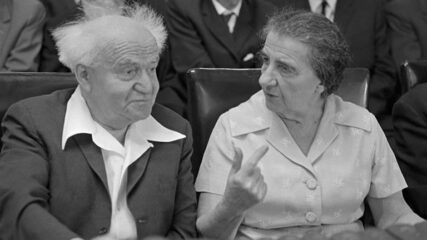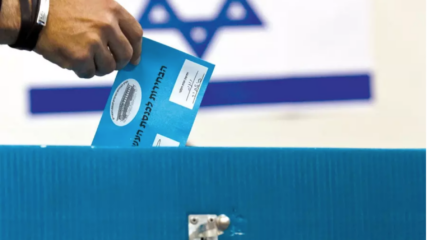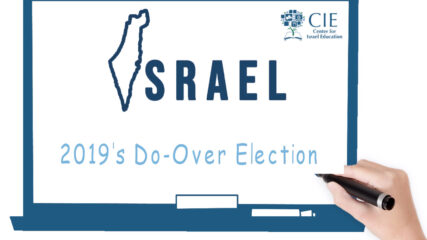What Israel’s Past Leaders Can Teach Us About Its Current ProblemCIE+
David Ben-Gurion, Menachem Begin, Yitzhak Rabin, and Ariel Sharon would have faced up to the moment. Even though they did not share the same ideologies, they did share a common view of leadership and the role of the prime minister. First and foremost, they understood what was important. They never shied away from making painful decisions in which they put the state, not their political needs, first.








